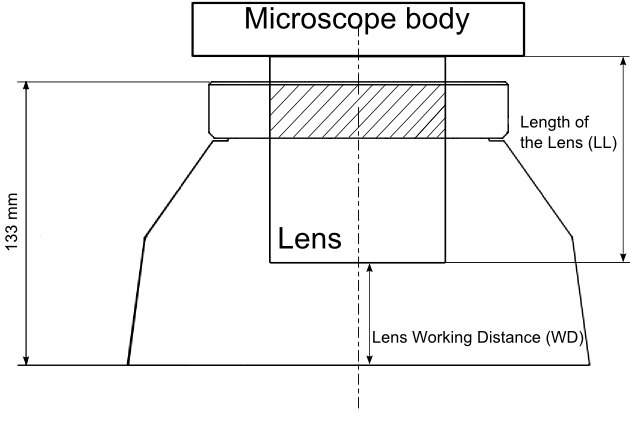Sunflower Illuminator
- The SUNFLOWER multi-segment LED stereomicroscope illuminator is designed to provide extraordinary incident light illumination for difficult-to-illuminate stereomicroscope samples. It generates soft, glare-free diffused illumination suitable especially for cases, where other illumination techniques fail. LEDs with high color rendering index Ra>95 provide excellent color reproduction.
- The Sunflower Illuminator is excellent for critical lighting of insects, semiconductor parts, jewelry, metals, rocks, plastics, glass . . .
- 12+1 independently controlled LED segments creating pseudo-spherical surface illuminate the specimen from almost all directions without producing shawdows or glints
- Diffusers of LED segments minimize production of image glare
- 6 tilting arms for convenient specimen handling and setting the angle of light incident on a specimen
- 432 LEDs provide high illuminating power
- Single button press switches on / off the whole upper and lower ring formed by LED segments
- Rotation of the preset combination of light / switched off LED segments clockwise and counter clockwise
- Constant color temperature over the whole illumination range
- Low power consumption, lifetime over 20,000 hours
- Dimensions: 195 mm x 195 mm x 133(height) mm
- PC control option (SDK available)
- Supported by QuickPHOTO 3.x software suite
Compatibility with Stereomicroscopes
Regarding the compatibility, the most important element of the stereomicroscope is the objective lens The larger the diameter of the lens the better. That is reason the Sunflower illuminator opening for the lens is 69 mm.
1. Lenses with diameter higher than 69 mm
Lenses with diameter higher than 69 mm cannot go through the hole of the illuminator. In such cases the working distance of the lens used needs to be higher then is the height of the illuminator which is 133 mm. In other cases the specimen needs to be lifted up on the stage.
2. Lenses with diameter up to 69 mm
Lenses with diameter up to 69 mm can go through the hole of the illuminator. See the scheme below:
In this case, there are two important parameters of the lens, which need to be considered:
- WD – Working Distance
- LL – Length of the Lens
In order to be sure, there will be no need to lift up the specimen or to open the arms of the illuminator, the following criterion should be accomplished:
WD + LL >= 133 mm (That means, that the sum of Working Distance of the Lens and Length of the Lens needs to be higher than is the height of the illuminator.)




